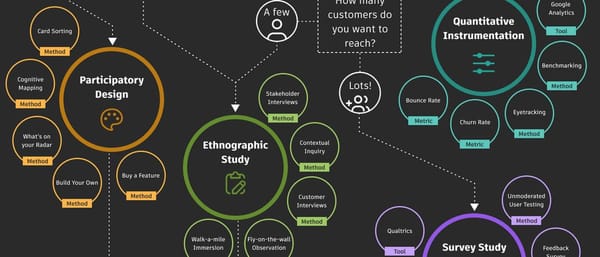№ 60 | dashingDev Card Deck, Hopepunk, Six Corporate Lies, On Organizing Organizations, and “Communal Bonfires”

dashingDev Card Deck
I'm not a developer, but… maybe the dashingDev Card Deck would help me understand more programming concepts, without having to learn the syntax of any specific language. 🤪
dashingDev is a card deck designed to inspire, improve and remind developers. Each card summarizes a core concept in software development. The deck is for people from all kinds of backgrounds and all levels of skill. The cards are not specific to any technology – they describe the fundamentals of software design & development.

A Primer on Hopepunk
I did my whole “what is Solarpunk?” post a few months ago. Well, here's a really thorough overview of an adjacent movement, hopepunk: “Hope Notes: Rewriting the Future”

(Coincidentally, this marks the second reference I've encountered—in only 24 hours—to Ursula K. Le Guin’s 1986 essay: Carrier Bag of Fiction)
Six Corporate Lies
Reviewing the new book Corporate Bullsh*t: Exposing the Lies and Half-Truths That Protect Profit, Power, and Wealth in America, Cory Doctorow lists the “six lies that corporations have told since time immemorial.” They are:
I. Pure denial
II. Markets can solve problems, governments can't
III. Consumers and workers are to blame
IV. Government cures are always worse than the disease
V. Helping people only hurts them
VI. Everyone who disagrees with me is a socialist
Doctorow's post goes into a bit more detail on each of these, (and there's always the book!), but… always being game-minded, I couldn’t help but think about how these could be turned into six lenses to look for, when reading the news… A more intentional frame for assessing what's being thrown at us… 🤔

On Organizing Organizations
A nice little post over on LinkedIn to help us reconsider ways organizations might organize.
Most organizations are organized along the idea of a hierarchy. But, did you know that there are at least five other ways of organizing?

“Communal Bonfires”
As I've been rethinking the tooling for Mighty Minds moving forward (see my video from earlier this week), I've found a lot of wisdom in this post on “Communal Bonfires”, a thoughtful reflection about what’s needed to build good community software.
I especially like this thinking about how ideas grow and take shape:
Messages are living information artifacts. As content blobs they can morph through many different forms, from ephemeral musings to everlasting tomes of shared understandings.
Let's consider the lifecycle of a message as contained and transferred through digital mediums.

If I'm being honest, I'm kind of hoping that maybe the path forward is / is something like the open community platform proposed at the end of this post… 🤞
***BONUS 1: Have you seen the new Dune Atreides Royal Ornithopter Lego set?! 😍

***BONUS 2: For the maker in all of us… There’s a lot to love about this:
I just had the enormous privilege to spend an entire weekend alone, working on board game designs. After a slow year, this was very rejuvenating for me…
Keep reading: “One weekend: four games and a story”





